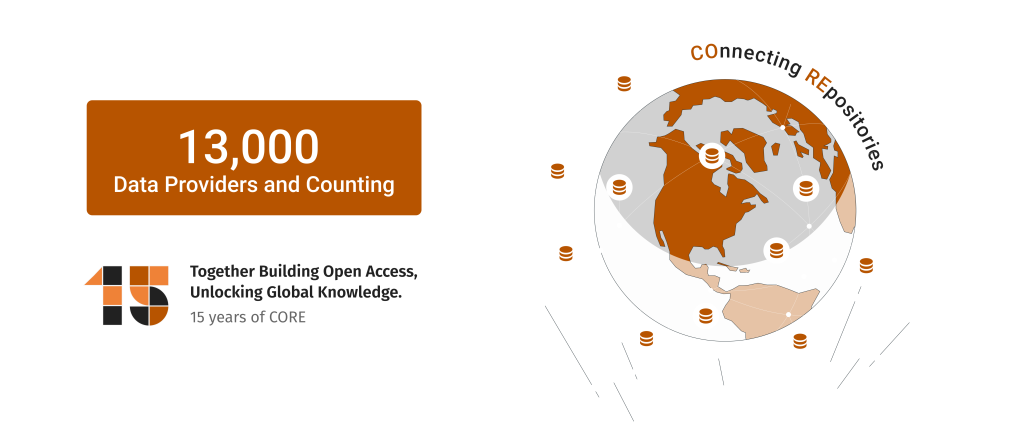
Reproducibility is one of the significant challenges of contemporary science. A landmark survey revealed that more than 70% of researchers had failed to reproduce another scientist’s experiments, and more than 50% were unable to reproduce their own (Baker, 2016).
“Single occurrences that cannot be reproduced are of no significance to science.” (Popper, 1935)
One of the less visible, but increasingly critical, factors contributing to this problem is the visibility and availability of research software. Software now underpins almost every stage of the research lifecycle from data collection and analysis to simulation, modelling, and visualisation. Yet despite its centrality, research software often remains hidden within manuscripts, mentioned fleetingly or omitted altogether. Without proper identification and registration, software is rarely linked back to the publications that introduced or used it, leaving its role in scientific discovery under-recognised and its reusability limited.

